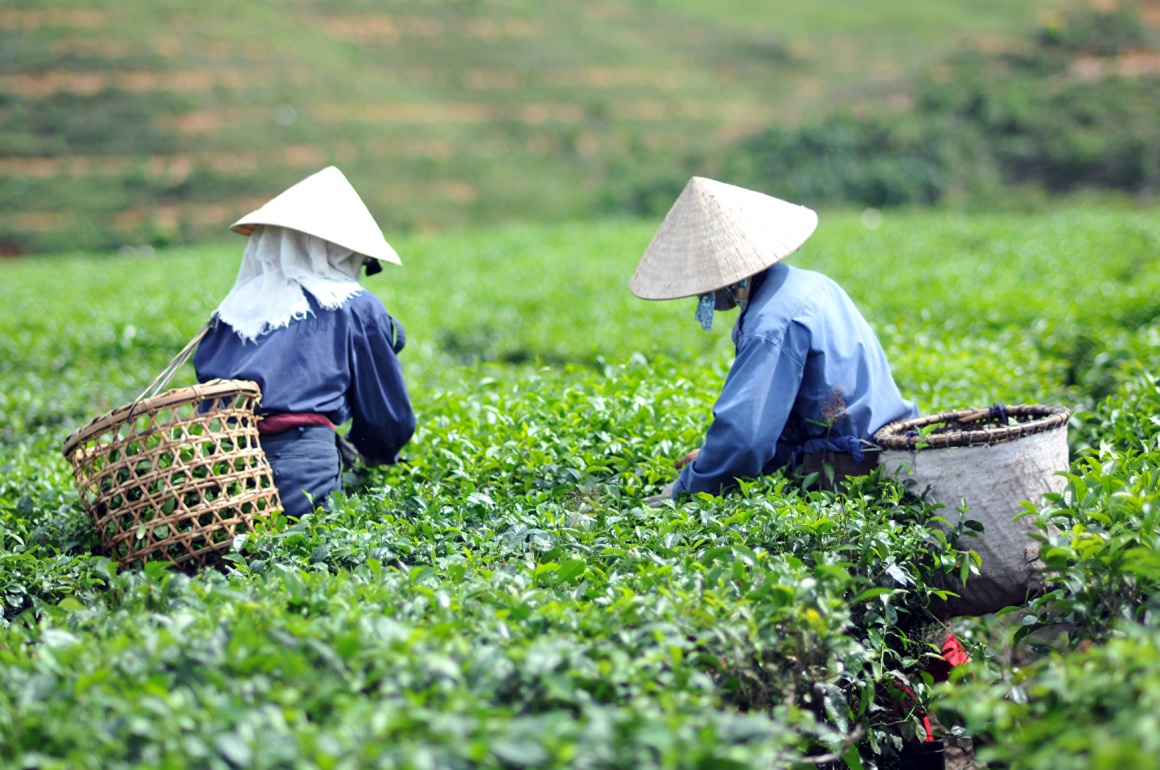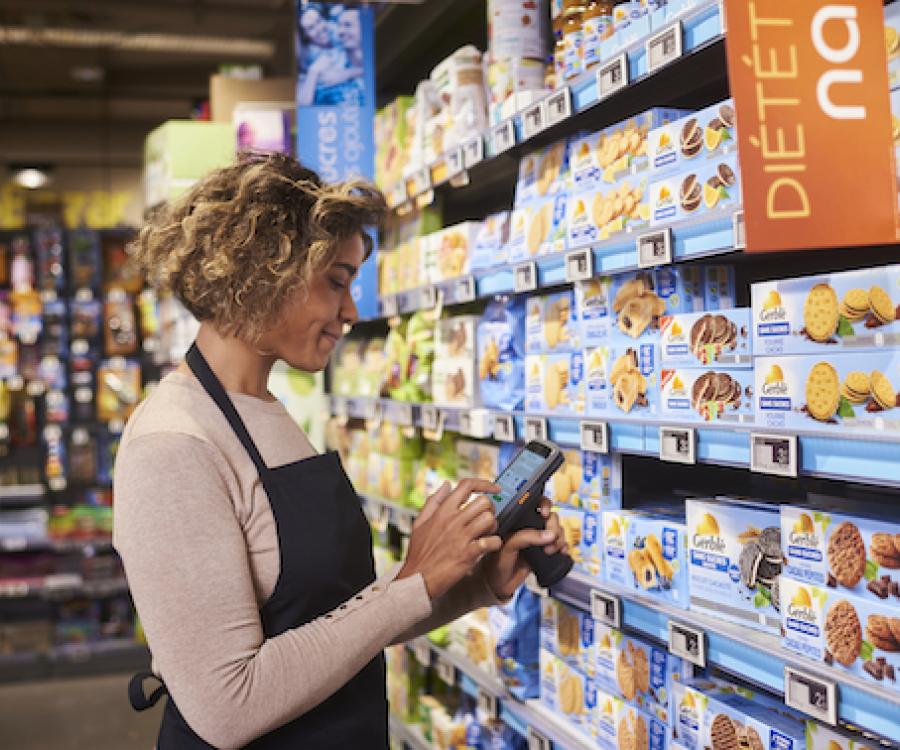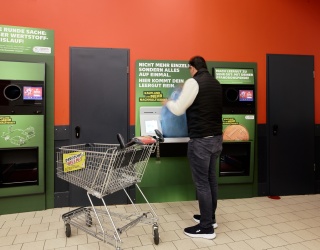
Food workers on farms and plantations that supply tea, fruit and vegetables to supermarkets continue to face human rights abuses, says Oxfam.
The latest research from Oxfam’s Behind the Barcodes Campaign shows how top supermarkets’ relentless drive to cut costs and maximize profits is continuing to fuel poverty pay and worker abuse in their supply chains.
“Supermarkets can no longer avoid the mounting evidence of human suffering behind the products they sell.,” said Sarah Zoen, Oxfam America’s Senior Advisor for Private Sector Engagement. In North Carolina, workers on sweet potato farms reported working up to 14 hours a day in oppressive heat with few rest breaks and often limited access to toilets. Many say they are paid low wages and are too scared to speak out for fear of losing their jobs.
“Many workers don’t do anything because they are afraid they will not be brought back next year, for fear of losing their jobs,” said Pedro, a worker with whom Oxfam spoke. Another worker, Arturo, said simply that he was afraid of “dying in the fields because of the heat or getting injured.”
“The abuse of workers in the food industry is not confined to a few problematic products or a few troublesome locations, but is instead systemic across our entire food system,” continued Zoen. “Our food system is built on big supermarkets squeezing suppliers to cut down costs, increasing poverty, hunger, and human rights violations across the supply chain.”
Supermarkets are under increasing pressure from shoppers and investors to act. This includes a statement from 50 global investors with assets worth more than $3 trillion today calling on supermarkets to publish information on where they source their products and to tackle human rights abuse in their supply chains.
Oxfam’s Behind the Barcodes campaign was launched last year to examine the policies and practices that affect workers and farmers in the food supply chains of some of the biggest and fastest growing supermarkets in Germany, the Netherlands, the United Kingdom and the US. In the US, Oxfam looked at six of its biggest and growing supermarkets. More than 200,000 consumers last year put top US supermarkets on notice to change their ways and our latest Supermarket Scorecard update shows that some supermarkets are starting to make changes.
“Progress has been slow and no supermarket is doing anywhere near enough to protect the rights of the people who produce our food or to treat women fairly,” concluded Zoen.






